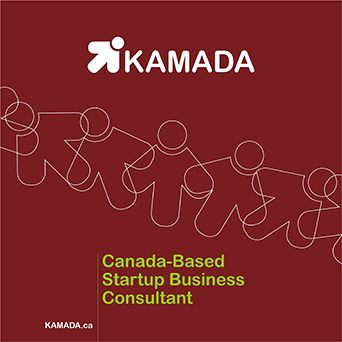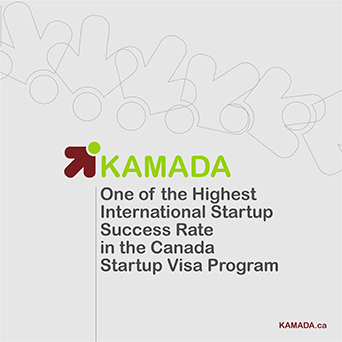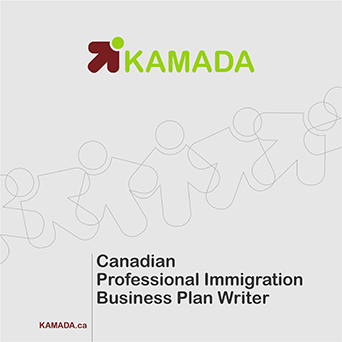Navigating Canada’s Regulated Professions
Job Titles Requiring Canadian Licenses
Canada is home to a diverse and skilled workforce, and for many professions, obtaining the appropriate license or certification is essential to practice legally and ensure public safety. If you’re considering a career move to Canada, it’s crucial to understand which job titles require Canadian licenses. Let’s explore some of these regulated professions and the licensing processes involved.
1. Registered Nurses (RNs)
Registered nurses play a vital role in Canada’s healthcare system. To work as an RN in Canada, you must be registered with the provincial or territorial regulatory body, such as the College of Nurses in your province. The process typically includes an assessment of your education and credentials, as well as passing the Canadian Registered Nurse Examination (CRNE).
2. Doctors and Physicians
Medical professionals, including doctors and physicians, must obtain a license from the Medical Council of Canada and meet provincial or territorial requirements to practice medicine in Canada. Licensing requirements may include exams, assessments, and supervised practice.
3. Engineers
Engineers in Canada must be licensed by a provincial or territorial engineering regulatory body, such as Professional Engineers Ontario. The licensing process often involves an evaluation of your education, experience, and the successful completion of engineering exams.
4. Lawyers
To practice law in Canada, you must be admitted to the bar of a province or territory. This involves completing a law degree at a recognized Canadian university, articling (practical training), and passing the bar admission exams.
5. Pharmacists
Pharmacists in Canada are regulated by provincial or territorial pharmacy regulatory authorities. Licensing typically requires completing a pharmacy program, passing exams, and participating in supervised practice.
6. Teachers
Teaching in Canada often requires certification by the province or territory’s Ministry of Education. Requirements may vary, but they usually include a bachelor’s degree in education, teacher training, and passing relevant exams.
7. Electricians and Tradespeople
Various trades, including electricians, plumbers, and carpenters, require certification from provincial or territorial authorities. This usually involves apprenticeship training and passing trade-specific exams.
8. Real Estate Agents
Real estate agents must be licensed by the real estate authority in their province or territory. Licensing requirements may include completing a real estate course, passing exams, and fulfilling ongoing professional development requirements.
9. Financial Advisors
Professionals providing financial advice, such as Certified Financial Planners (CFPs), often require registration with provincial securities commissions or financial regulatory authorities. This includes passing relevant exams and meeting ethical standards.
10. Social Workers
Social workers in Canada need to be registered with the provincial or territorial social work regulatory body. Licensing typically involves completing a social work degree, supervised practice, and passing exams.
It’s important to note that licensing requirements can vary by province or territory, so it’s essential to research and contact the specific regulatory body in the region where you plan to work. Additionally, if you’re an immigrant, you may need to have your foreign credentials assessed and meet additional requirements to practice your profession in Canada.
Navigating the licensing process in Canada can be complex, but it’s a crucial step to ensure you meet the standards and regulations in your chosen field. Make sure to consult with the relevant regulatory authority and seek guidance from professionals who have successfully obtained Canadian licenses in your profession. With determination and the right resources, you can pursue a rewarding career in a regulated profession in Canada.
Recent Posts
- Navigating Canadian Immigration Through Business Purchasing: A Strategic Guide
- Mastering the Market: Essential Marketing Steps for Your Canadian Startup
- Essential Tools for Startups: Navigating the Path to Success
- Understanding Startup Failure: Key Lessons from Common Mistakes
- Navigating the Next Steps: What to Do After Submitting PR and Work Permit Applications through the Startup Visa Program










